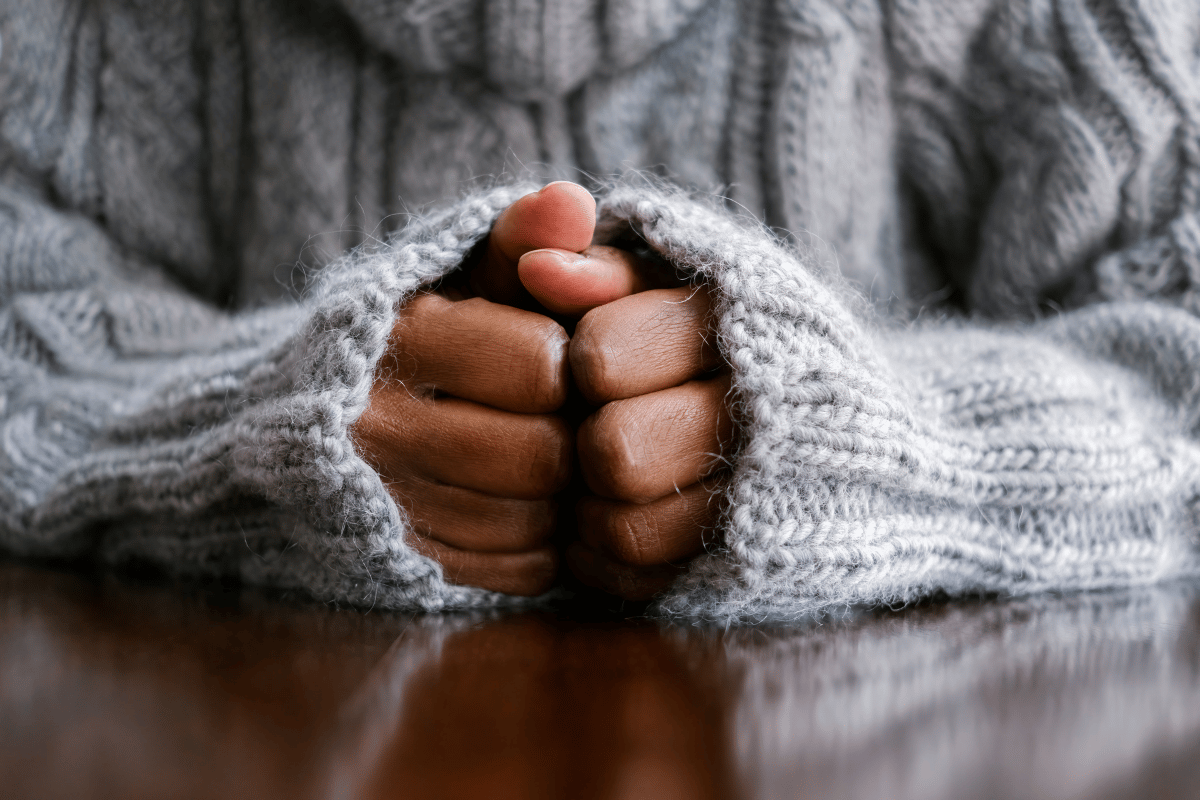
Content warning: This post includes discussion of pregnancy loss that may be distressing to some readers.
On an unassuming early weekday morning in autumn last year, Steph* and her husband Luke* were driving down a busy highway in regional Victoria, on their way to the city.
They were carpooling on the way to work as they did most days – only this time, Steph didn't recognise the man sitting next to her in the car.
"The aggression was next level – like he had changed personality," Steph tells Mamamia.
"He was yelling and agitated and everything I said or didn't say just made him angry. It was so intense and I asked him why he was acting this way."
That’s when Luke turned to Steph and said in a deadpan tone, “You know I’m taking ice, right?”
“I immediately went cold,” Steph recalls.
***
Steph first met Luke in the early 2010s.
They were both successful in their chosen work fields. They enjoyed spending time with friends and deeply loved one another.
Steph had just come out of a difficult divorce – her first husband had been unfaithful and violent towards her. With Luke, she felt safe. And that was a special feeling she grasped with both hands.
During the first years of their relationship, Steph and Luke, then both in their 20s, had occasionally done various drugs – often while out partying and socialising.

Top Comments